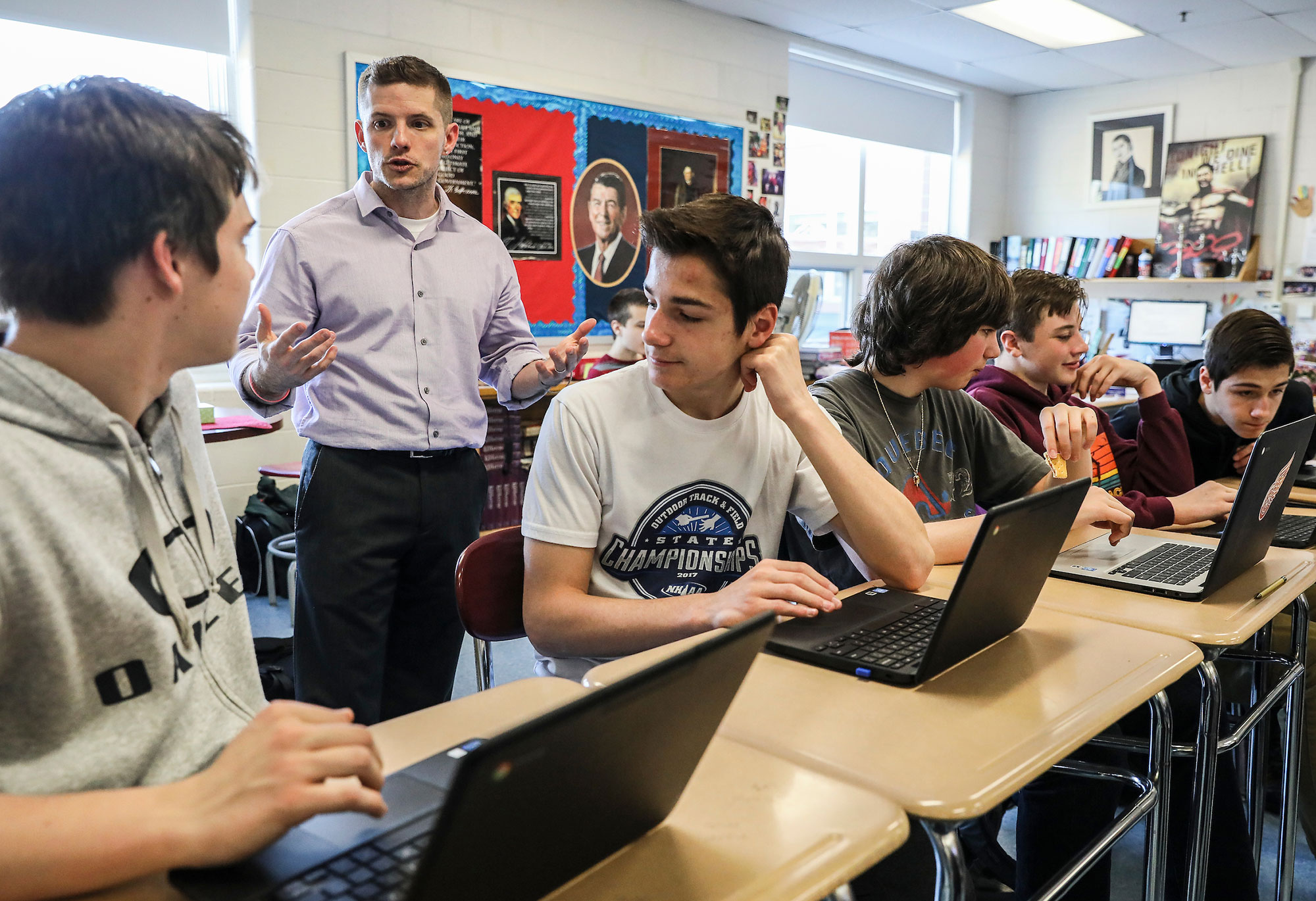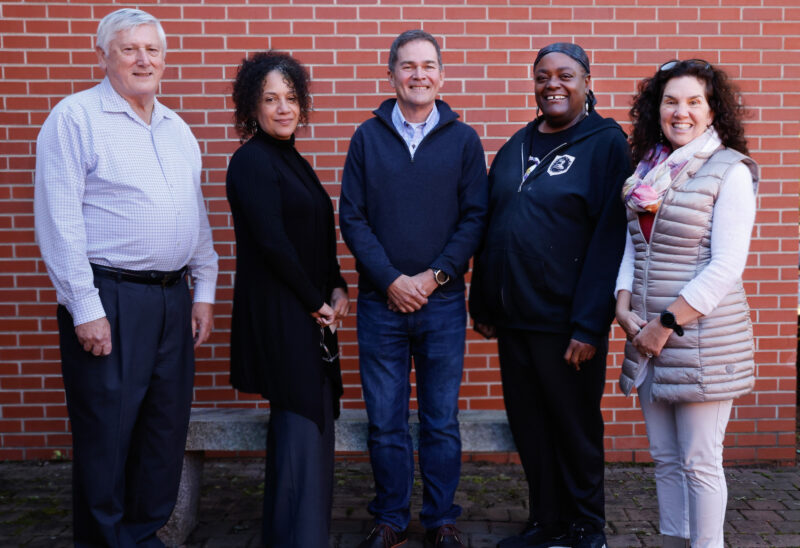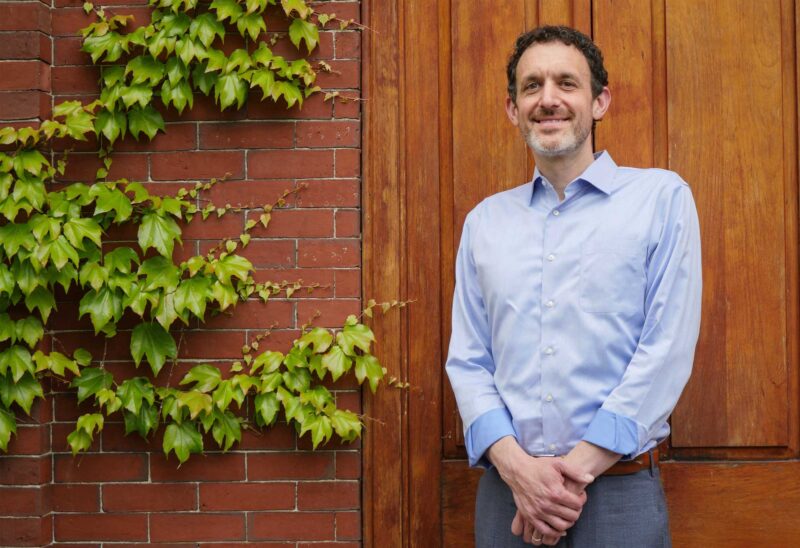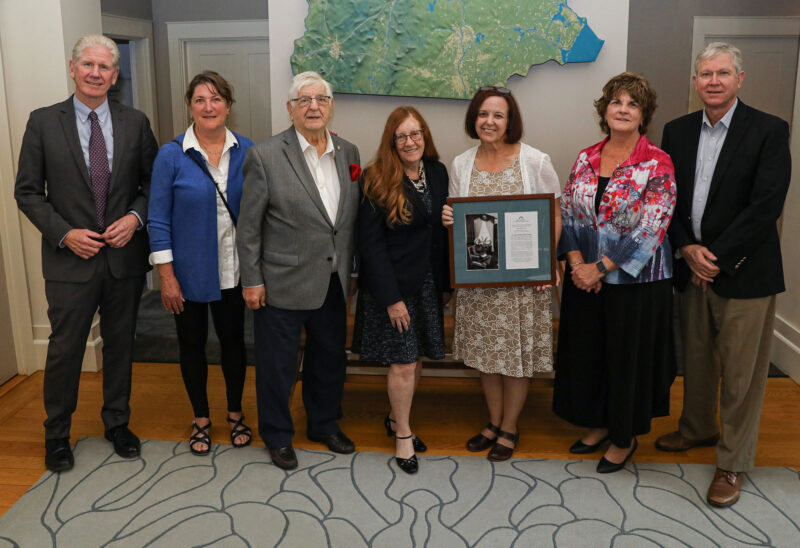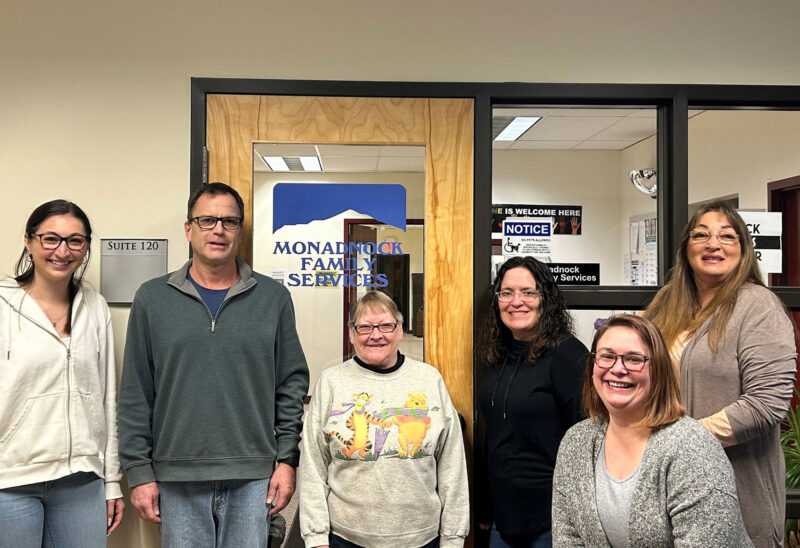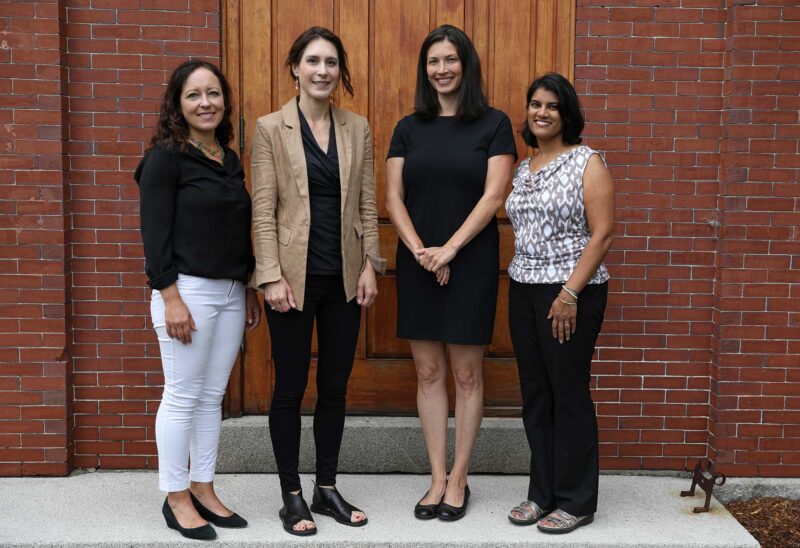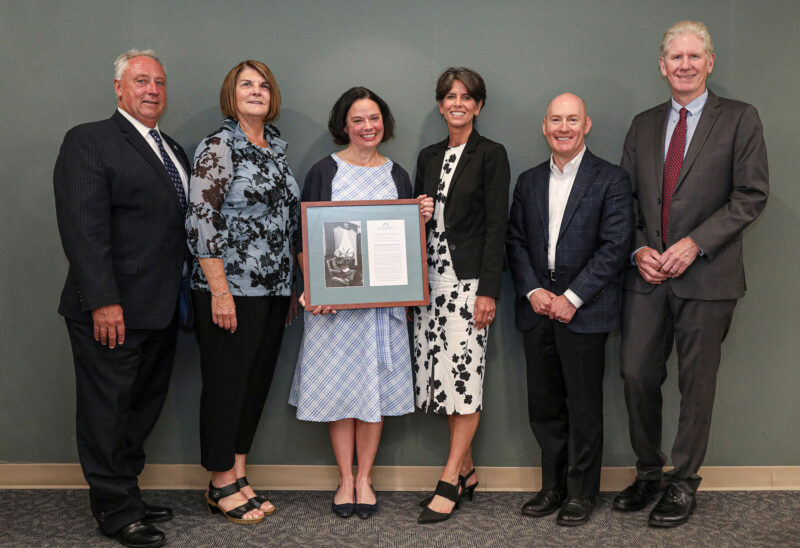A Campbell High School teacher will spend the next year combining an ancient name and institution with today’s music to help improve tomorrow’s high school education.
Justin Ballou, who has taught social sciences for 13 years, was awarded the 2018 Christa McAuliffe Sabbatical from the New Hampshire Charitable Foundation. The sabbatical, created in 1986 in honor of the Concord High School teacher and astronaut, gives an exemplary New Hampshire teacher a year off with pay and a materials budget to bring a great educational idea to fruition.
Ballou’s idea is to stimulate and better evaluate learning through a concept he developed called Socrademy. The name combines Socrates, the philosopher who worked to stimulate critical thinking, and the Academy, where ancient intellectuals gathered to study. Ballou aims to validate and share his program through a course entitled: “Don’t Sweat The Technique. American History Through the Lens of Hip Hop.”
From Socrates to hip hop?
“This isn’t just retooling Physics 101 or U.S. History,” Ballou said. “This is something no other school has done.”
His idea is to test that better learning is achieved by matching teachers who are passionate about a subject with students who share that passion, turning a traditional class into a tangible project with skills that students relate to and evaluating progress throughout, instead of just grading a final project.
“Every year, we get to hear from passionate, talented, dedicated teachers about their innovative ideas to help students succeed,” said Katie Merrow, vice president for community impact at the Charitable Foundation. “We’re excited to support this sabbatical and see this great idea shared with teachers and students across the state.”
The “micro assessments” evaluation process is key to Ballou’s approach. It’s called the 5C concept and includes assessing and providing feedback to students for their conceptual understanding, critical thinking, curation, communication and creation. Those evaluation points include how students understand and manipulate information, what information they store, how they relate the information to the value of a product or project and what they produce as a result of applying their understanding.
Ballou developed the Socrademy 5C concept after working with students in an Extended Learning Opportunity (outside the traditional classroom) project on redesigning learning to better prepare students for life in the workplace and in communities. Their project was a semi-finalist in a national contest for education innovation in 2015.
The group consulted business people to learn what students needed to know to be successful, asked teachers what they needed to better motivate students and considered the kind of feedback teachers offered to students on their work.
Ballou realized it was more helpful to provide feedback throughout a project, not just at the end, and began offering micro-assessments based on the 5C model.
“Instead of students worrying about the fear of this major grade at the end that would drive their behavior, they were celebrating successes, making small improvements and learning all the way through the project,” he said. “I realized I was getting better-quality work and students were turning it in on time, and more complete.”
With the McAuliffe Sabbatical, he will test and hopes to validate the theory with his hip hop course in the classroom. He will combine the course with an Extended Learning Opportunity project to help create a prototype of Socrademy software and other material to share with other schools and produce multi-media tools to help explain and implement the program and support other teachers.
Ballou will build a Socrademy learning website and applications to connect schools that might want to test the idea, but don’t have the time or finances to do it on their own.
“The tool would become the central hub that connects these pieces,” he said. “It provides the environment and the opportunity for people to move in the directions they see as valuable.”
During his sabbatical, Ballou will work with students, educators, administrators and community members in a number of New Hampshire school districts that also are looking for ways to provide students with the knowledge and skills that will give them the best chance of being successful as adults.
His hope is that as an initial group of teachers combines traditional classrooms, Extended Learning and micro-assessing based on the 5C approach, a larger network of teachers and schools will see its value, embrace the approach and adapt it for their students.
Tapping the passion of students and teachers does not mean avoiding instruction in basic subjects, Ballou said. Hip hop, for example, offers the opportunity to study the First Amendment, communications and grammar in marketing, creativity in writing poetry and lyrics, math in budgeting for projects, or social sciences in studying a potential fan base.
“It’s not a utopian fantasy that you get to do whatever you want and we give you credit for everything,” he said. “Instead, we find the things that relate to a student’s passions and provide that value to the students.”
Ballou believes his approach benefits from and advances Christa McAuliffe’s legacy.
“She wasn’t about celebrating the fame of being the first teacher in space,” he said. “She saw that her opportunity opened a door for something else in the future.”
The statewide Christa McAuliffe Sabbatical program has been administered by the New Hampshire Charitable Foundation since 1990 with oversight from a steering committee that includes representatives from the governor’s office and the state Board of Education, the New Hampshire Senate president, the New Hampshire House speaker, the presidents of the National Education Association and American Federation of Teachers and a McAuliffe family member.
About the New Hampshire Charitable Foundation
The New Hampshire Charitable Foundation is New Hampshire’s statewide community foundation, founded in 1962 by and for the people of New Hampshire. The Foundation manages a growing collection of more than 1,800 funds created by generous individuals, families and businesses, and awards nearly $40 million in grants and scholarships every year. The Foundation works with generous and visionary citizens to maximize the power of their giving, supports great work happening in our communities and leads and collaborates on high-impact initiatives. For more information, please visit www.nhcf.org or call 603-225-6641.

